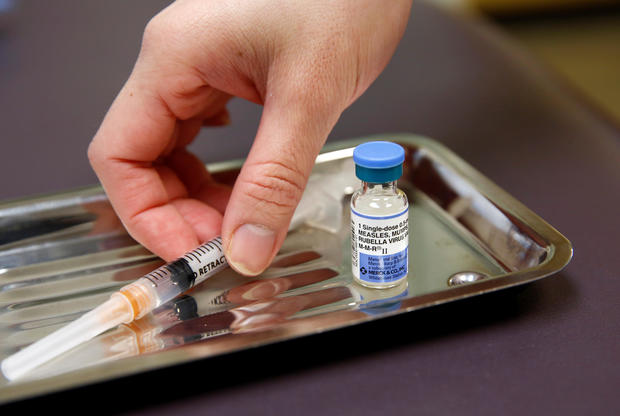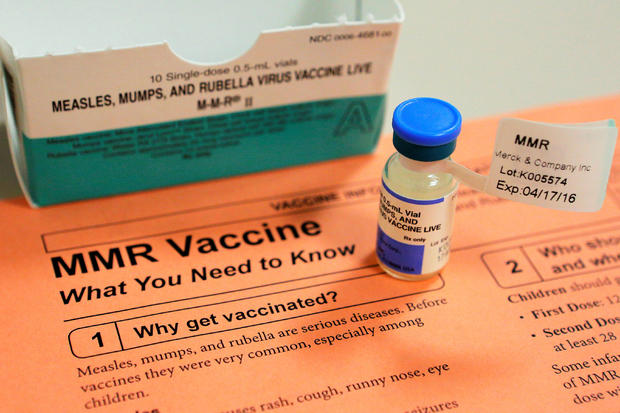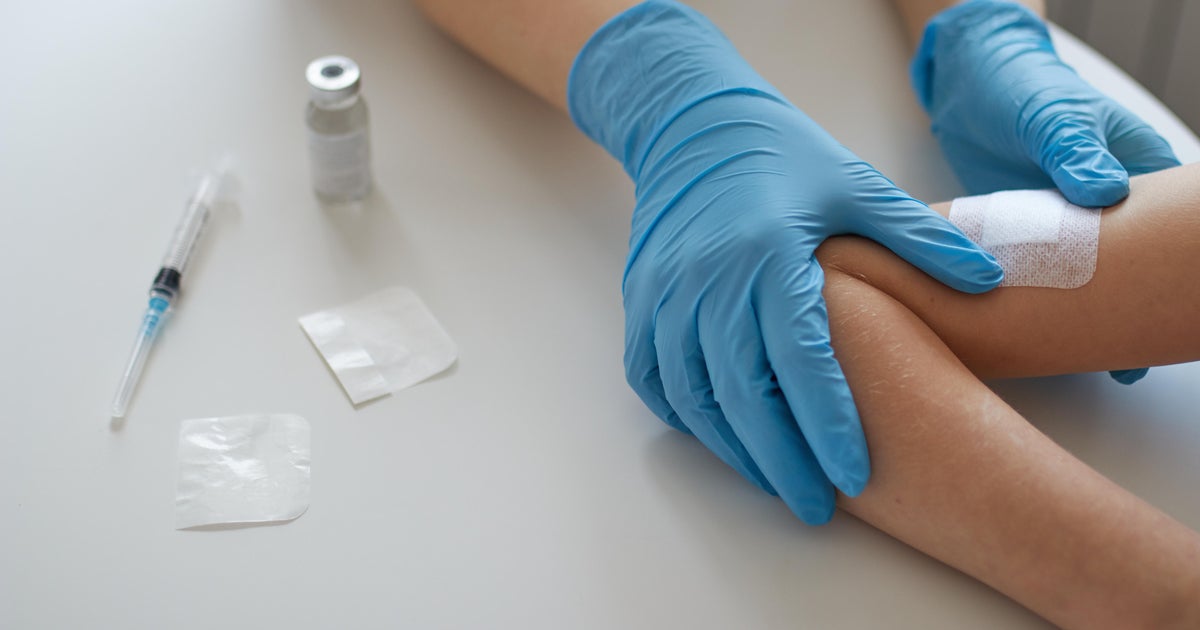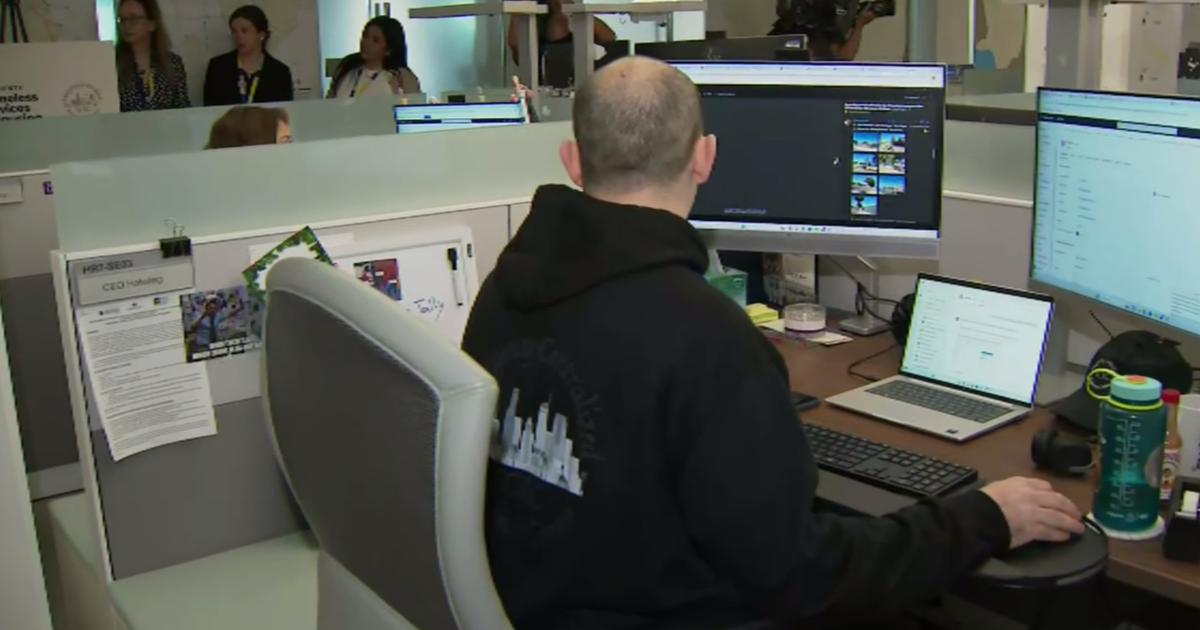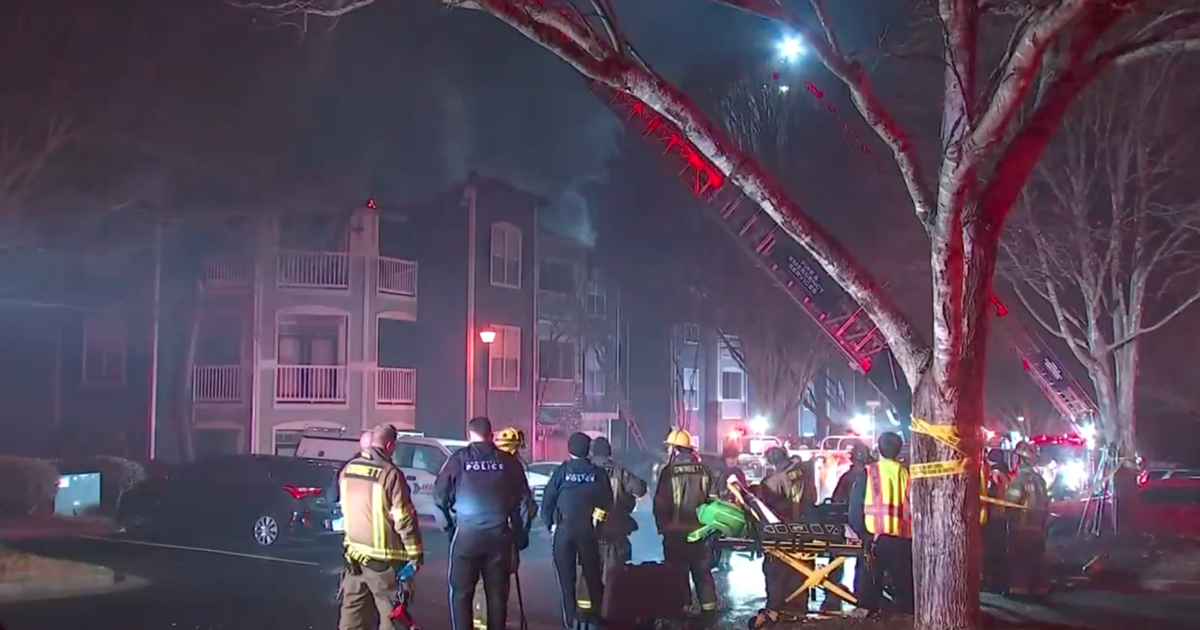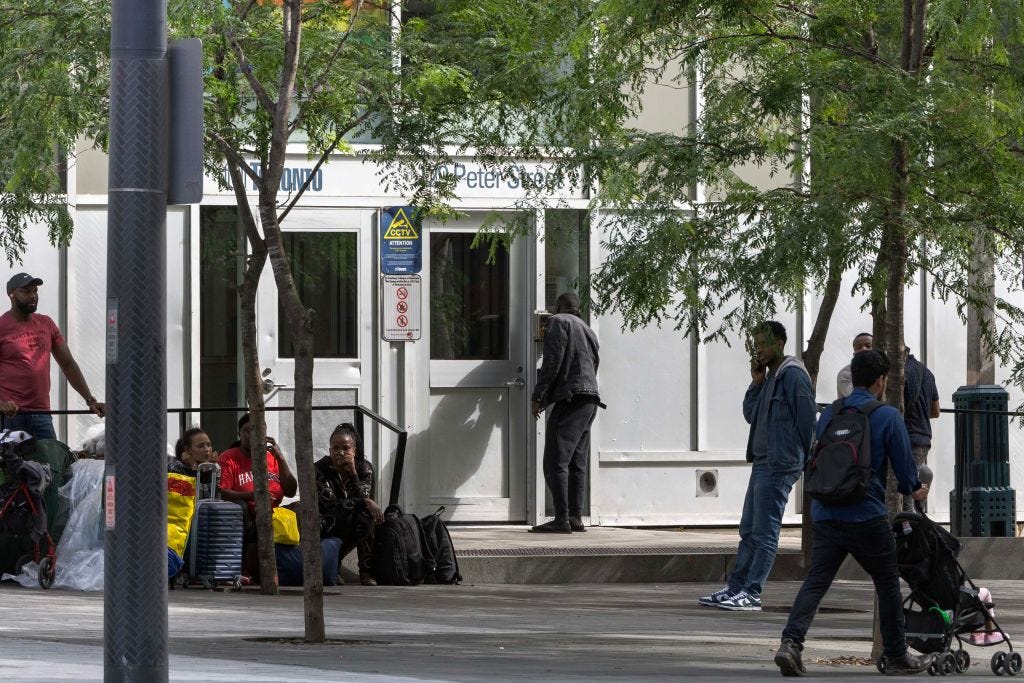Rockland County, New York, issues 2nd state of emergency as measles outbreak grows
Rockland County in New York has issued its second state of emergency declaration aimed at combating the measles outbreak, renewing the original emergency declaration issued last month. This second order goes into effect at midnight Friday, April 26, and will remain in effect until 11:59 p.m. May 25.
"Over the last 30 days since my original declaration we have lost the one thing we couldn't afford to lose, valuable time. With nearly 50 new confirmed cases in less than a month what we predicted has come true; this outbreak continues to rage despite the best efforts of our Department of Health," said County executive Ed Day, who issued the order.
Rockland County's new declaration does not include the Measles Outbreak Emergency Directive, which banned unvaccinated children under the age of 18 from entering indoor public space but was rescinded after a court challenge by a group of parents. Earlier this month, a judge in upstate New York lifted the ban on unvaccinated children in public places despite 166 confirmed measles cases at the time, reasoning that the number of measles cases in the county did not meet the legal requirement for an emergency order, CBS New York reports.
Since then there have been 33 new cases of measles in Rockland County. After the outbreak began in October, more than 19,400 vaccines have been administered there and nearly 200 cases of measles have been confirmed.
"The disagreement amongst the various courts has undoubtedly caused confusion and contributed to this situation continuing. However, I pledge that we will continue to do everything within our power to combat this deadly disease and bring it to a stop once and for all," Day said in a Rockland County press release.
This second state of emergency aims to enforce last week orders, which include banning any person either diagnosed with measles or exposed to a person with measles from being in indoor and outdoor places of public assembly for up to 21 days; prohibiting those individuals from places of public assembly except for medical situations, emergencies and court appointments; and requiring those individuals to cooperate with RCDOH by sharing all pertinent information about one's illness. A $2,000 fine can be leveled each day a violation occurs and parents are responsible for their child's compliance.
This second state of emergency issued Thursday adds two new guidelines for school administrators and principals to follow. This includes banning from school/day care students who have not been immunized and requiring schools and day cares to submit a notarized sworn affidavit identifying those students who have been excluded.
A Rockland County press release said 331 students have been affected by these new orders.
"Many students, even in schools that have now achieved the required 95 percent vaccination rate, have not yet been immunized. This has to change," said Commissioner of Health Dr. Patricia Ruppert. "I have the authority from the State Commissioner of Health to exclude those children who are not up to date on their immunization. With this outbreak, I am implementing further exclusions of students without evidence of proper MMR vaccination effective immediately. This is addressed to the school administrators and principals."
Even though reported cases have crept up to nearly 200, Ruppert said the actual number is likely higher. "There's a great deal more from what we hear in the community," she said. "Not all cases are being reported, which is unfortunate."
Measles was declared eliminated in the United States in 2000, but still arrives periodically with overseas travelers. But this year, Measles cases in the U.S. have hit their highest number in 25 years. By March, confirmed cases already exceeded the entire number of cases nationwide in 2018.
The virus is extremely contagious and can live and be passed to someone for up to two hours after an infected person has left the room. About 90 percent of people who are not immune will get sick if they're exposed to the virus.
One dose of the MMR vaccine — which protects against measles, mumps and rubella — is 93 percent effective, and two doses are about 97 percent effective. Herd immunity, when at least 90-95 percent of the population is vaccinated, helps protect infants and people with weakened immune systems who are unable to get the vaccine. Serious complications from measles can include pneumonia or encephalitis (brain swelling), leading to blindness or deafness, and in some cases death.
While a small number of children cannot be vaccinated due to medical reasons, other families avoid the shots due to skepticism and fears spread by the anti-vaccination movement. Public health officials say decades of medical research proves vaccines are safe and effective at preventing once-common childhood illnesses like measles and mumps.
